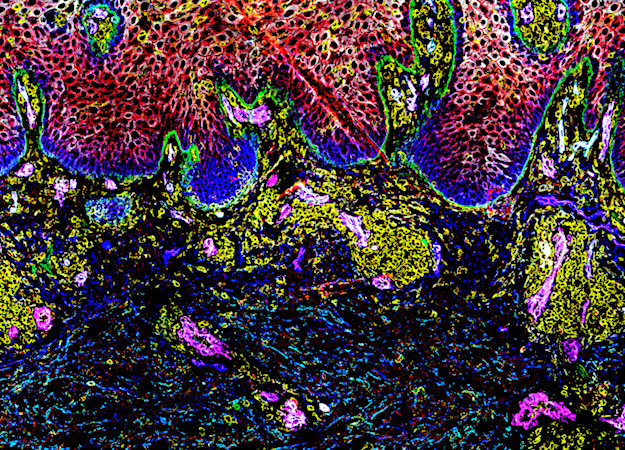June 15, 2021 -- Akoya Biosciences will offer its Codex single-cell, whole-tissue imaging capabilities to the Chan Zuckerberg Initiative's grantees to fuel next-generation biological discoveries.
The initiative's mission is to help solve some of the world's toughest challenges with an emphasis on supporting new scientific approaches to study human health and disease. The Codex platform allows researchers to catalogue cellular phenotypes within a tissue sample while maintaining their spatial context. The new method, called spatial phenotyping, facilitates analysis of how cells organize and interact to influence disease progression and treatment outcomes, according to Akoya.
The technology will be offered under favorable commercial terms to the Chan Zuckerberg Initiative grantee network, consisting of over 350 labs. Financial terms were not disclosed.

Copyright © 2021 scienceboard.net








